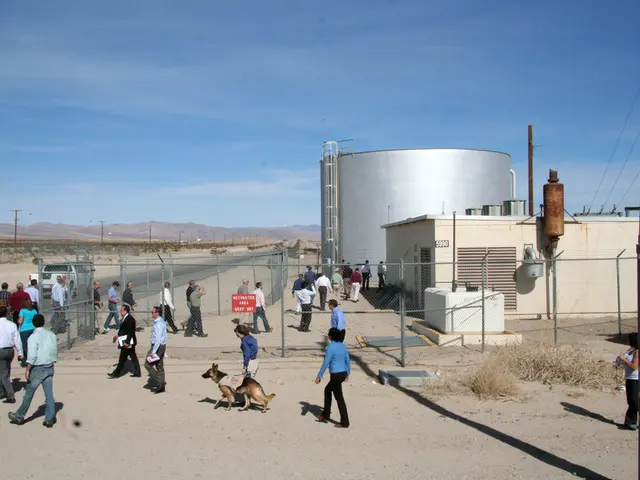UNECE Harmonizes Global Transport Law for AI and Tech Innovations
The intersection of technology and transport law is rapidly evolving, reshaping legal frameworks and regulatory environments worldwide. The United Nations Economic Commission for Europe (UNECE), through its World Forum for Harmonization of Vehicle Regulations (WP.29), plays a pivotal role in developing international regulations for technological advances in this sector.
Artificial Intelligence (AI) is significantly enhancing efficiency, safety, and regulatory compliance within transport law. It is transforming operational efficiencies, necessitating a reassessment of existing regulations. The integration of digital platforms, autonomous vehicles, and smart logistics highlights the need for legal frameworks that accommodate these innovations.
However, this technological revolution also presents challenges. AI-driven technologies raise new legal questions around liability and accountability, particularly in accidents involving autonomous vehicles. Traditional legal constructs face challenges in adapting to technologies that redefine the transportation landscape. Legal stakeholders must now consider new methodologies for addressing liability, safety, and user rights in the context of technological changes. Regulatory bodies face the challenge of crafting laws that support innovation while safeguarding public interests, refining compliance mechanisms to adapt to the complexities introduced by emerging transport technologies.
The impact of technology on transport law is profound and ongoing. As technology continues to advance, it is crucial for legal professionals and stakeholders to understand these changes and engage in dialogue with legislators to shape a regulatory environment that balances technological advancements with safety and accountability. The UNECE, through WP.29, is at the forefront of this effort, working to harmonize international regulations for these innovations.
Read also:
- Rapid Failure, Swift Learning: Marc Churchouse's Journey to a £50m Digital Consultancy without Venture Capital
- Apple's Device Protection Plan, AppleCare One, Matches My Long-Sought Wish for Safeguarding Gadgets
- Conflict between Israel and Palestine prompts UN concern over vanished generations in Gaza
- Vineyard Wind's Offshore Turbines Power Massachusetts Homes








